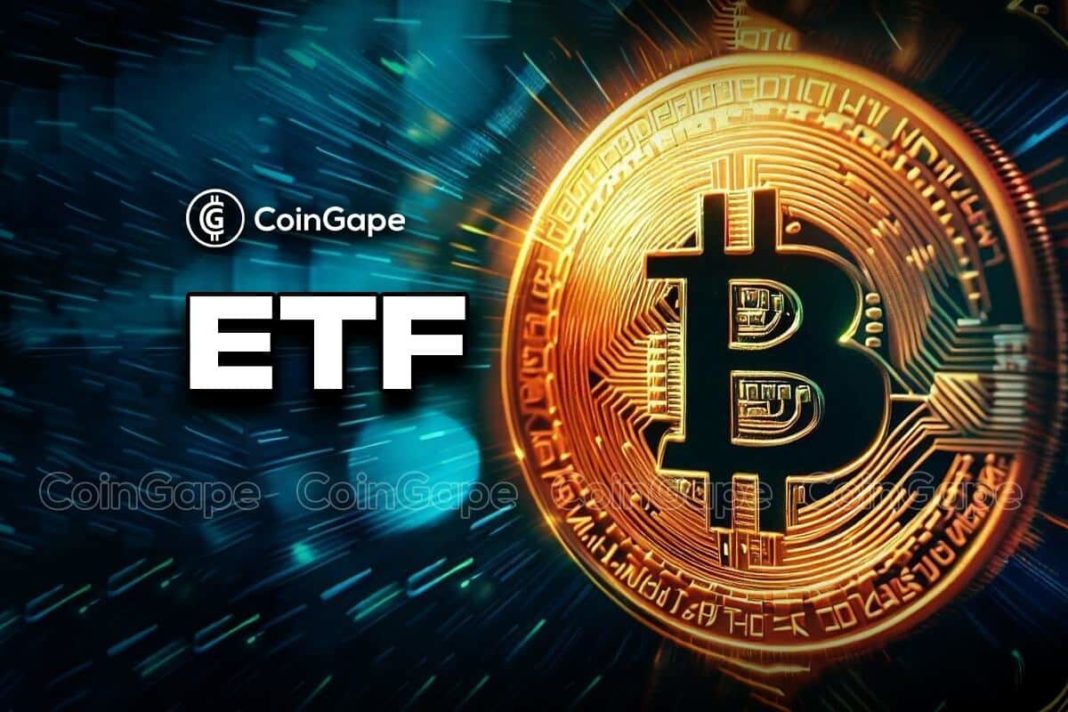In yet another development in the spot Bitcoin ETF space, a new applicant approached the U.S. Securities and Exchange Commission (SEC) with the form N1-A, joining the likes of Blackrock and Fidelity in the fray for the first ever spot ETF approval in the United States.
Also Read: Fidelity Files For Bitcoin ETF Registration As Securities
World Funds Trust Bitcoin ETF Filings
On January 3, 2024, the World Funds Trust filed for 6 spot BTC ETF applications, with Tuttle Capital as the investment adviser to the Fund. The 6 filings comprise 3 each of leveraged and inverse BTC ETFs. Importantly, these filings mentioned that the proposed ETFs intend to use the proposed iShares Spot Bitcoin ETF, filed by investment manager Blackrock. Here are the 6 proposed spot BTC Daily Target ETFs:
T-Rex 1.5X Inverse Spot Bitcoin Daily Target ETF
T-Rex 1.5X Long Spot Bitcoin Daily Target ETF
T-Rex 1.75X Inverse Spot Bitcoin Daily Target ETF
T-Rex 1.75X Long Spot Bitcoin Daily Target ETF
T-Rex 2X Inverse Spot Bitcoin Daily Target ETF
T-Rex 2X Long Spot Bitcoin Daily Target ETF
These funds are said to be different from the other spot ETFs, in that they are riskier because the funds aim to magnify the performance of an exchange traded fund that seeks to replicate the performance of Bitcoin, in this case the Blackrock Bitcoin ETF. For example, the 1.5X Long Spot BTC Daily Target ETF seeks daily investment results, before fees and expenses, of 150% of the Blackrock BTC ETF.
Blackrock BTC ETF To Get Nod Before January 10, 2024?
While the T-Rex Spot BTC Daily Target ETF filings come as late entrants compared to the likes of Ark Invest 21Shares and Grayscale, these applicants, including $9 trillion investment manager Blackrock, are expected to receive the much awaited approval between January 8-10, 2024.
Also Read: Sources: US SEC Can Notify Bitcoin ETF issuers Approval Notice By Jan. 5
The presented content may include the personal opinion of the author and is subject to market condition. Do your market research before investing in cryptocurrencies. The author or the publication does not hold any responsibility for your personal financial loss.








